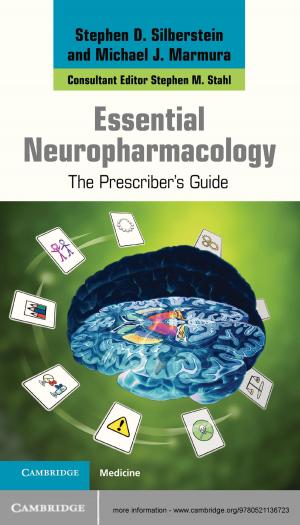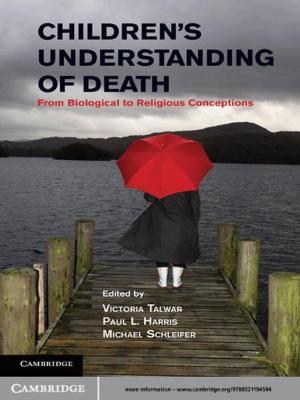| Author: | Daena J. Goldsmith | ISBN: | 9781139809931 |
| Publisher: | Cambridge University Press | Publication: | October 4, 2004 |
| Imprint: | Cambridge University Press | Language: | English |
| Author: | Daena J. Goldsmith |
| ISBN: | 9781139809931 |
| Publisher: | Cambridge University Press |
| Publication: | October 4, 2004 |
| Imprint: | Cambridge University Press |
| Language: | English |
When stresses and hassles challenge our abilities to cope, we frequently turn to family, friends, and partners for help. Yet social support from close relational partners does not uniformly benefit recipients or their relationships. By probing the communication processes that link enactments of social support to participants' reactions, this book provides new explanations for when and how receiving social support will be evaluated as helpful and relationally satisfying. The author's research addresses a variety of types of relationships and stresses, including young adult friends and romantic partners coping with the stresses of university life; adult friends, family and spouses responding to everyday hassles' and married couples coping with chronic health conditions. This innovative program of research combines qualitative and quantitative methods to develop a distinctive communication-based framework for understanding why the content, form, style, and sequence of talk matter for our evaluations of the help we receive from others.
When stresses and hassles challenge our abilities to cope, we frequently turn to family, friends, and partners for help. Yet social support from close relational partners does not uniformly benefit recipients or their relationships. By probing the communication processes that link enactments of social support to participants' reactions, this book provides new explanations for when and how receiving social support will be evaluated as helpful and relationally satisfying. The author's research addresses a variety of types of relationships and stresses, including young adult friends and romantic partners coping with the stresses of university life; adult friends, family and spouses responding to everyday hassles' and married couples coping with chronic health conditions. This innovative program of research combines qualitative and quantitative methods to develop a distinctive communication-based framework for understanding why the content, form, style, and sequence of talk matter for our evaluations of the help we receive from others.















